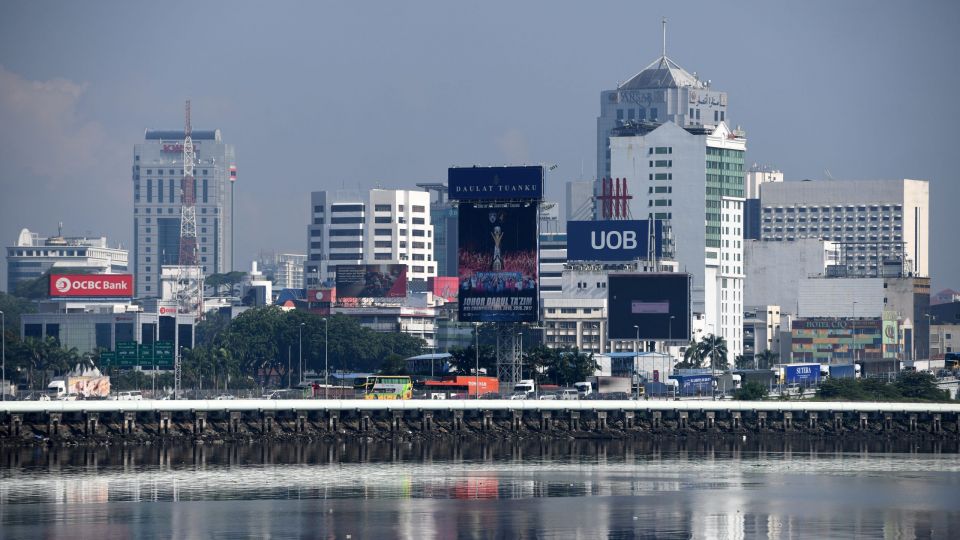August 2, 2018
Malaysian Prime Minister Mahathir Bin Mohamad says he wants to renegotiate the water agreement that has been one of the most acrimonious facets of the relationship between the two countries since they went their separate ways in 1965.
For more than half a century, the island-state of Singapore has relied on its neighbor to the north, Malaysia, to satisfy more than 50 percent of its water needs.
The arrangement is dictated by an agreement that was penned in 1962. Under that deal—which is set to expire in 2061—Singapore can import up to 250 million gallons of untreated water from Malaysia’s Johor River every day at a cost of .03 ringgit (about $0.007) per 1,000 gallons. Singapore is then obligated to sell a small portion of the treated water back to Malaysia at a rate of .50 ringgit per 1,000 gallons (about $.012).
The water deal has long stood out as one of the most acrimonious facets of the relationship between the two countries ever since they went their separate ways in 1965. To Singapore, a country with incredibly limited water reserves of its own, the issue is a matter of life and death. The country’s first Prime Minister Lee Kuan Yew once famously declared that “every other policy has to bend at the knees for our water survival”.
Since taking office in May, Malaysia’s new Prime Minister Mahathir Bin Mohamad—who previously held the office from 1981 to 2003—has signaled a desire to renegotiate the terms of the deal, potentially as a way to address his country’s national debt which stands at around $249.19 billion.
In one interview in late June, Mahathir called the arrangement with Singapore “manifestly ridiculous” and has said the deal is “too costly”. He’s not the only Malaysian official to question the deal recently. On July 5 the chief minister of the Malaysian state of Johor proposed that the price at which Singapore buys raw water should be raised by 1,600 percent.
This isn’t the first time Mahathir has brought this issue to the fore. His comments hearken back to stances he took on the water arrangement when he was last in power. Previous attempts to review the deal have ended in failure.
In response to Malaysia’s water-related comments in recent months, Singapore’s leaders maintain that, while Malaysia may find the deal less than satisfactory, they are nevertheless legally bound to respect it. “Both sides must comply fully with all the provisions of these agreements,” a spokesman for Singapore’s Ministry of Foreign Affairs said in statement in late June.


